A typical career trajectory goes like this:
Your ‘20s is your ‘pay-your-dues’ decade. In other words, you learn about yourself as a professional. You start to discover that thing you are really good at and your career path starts to take off. In your ‘20s you are allowed to take some professional risks. You can afford to work for relatively low pay. You probably don’t have a lot of financial commitments and you can do some job hopping and some career exploration.
In your ‘30s, you are settling into your professional life. Now you have a relatively stable job/career with a stable salary and are starting to think about the big picture: marriage, a home, children, saving for retirement, vacation. You are feeling good about your career and are progressing up the ladder into new responsibilities and with it comes new opportunities.
But your ‘40s kind of start to creep up on you. Now, you’ve committed. You might have the expenses of kids, a mortgage, retirement, health care, car payments, etc. Your financial and life responsibilities don’t allow you to take the types of career risks you did in your ’20s and ‘30s.
But this is also the time when it is very common for professionals to start getting bored with their careers and job routines and start wondering, “Is this the best I can do?” or “I’m depressed. This is not the job I planned on doing my whole life. I’m not sensing I’m living my best life!” or “I hate my job/boss/company but there’s no way out! I’ve got bills to pay!”
A mid-life career crisis is incredibly common and it can have a real effect on our jobs and our lives in general. I’ve met with many professionals in their ‘40s and ‘50s who are facing a mid-life career crisis which can be the result of many things.
• I regret the career I’ve chosen but don’t see a way out
• I’m at a point where I can’t move up any more
• I hate my job. I hate my boss. I hate the company I work for.
• I really want to follow a passion that excites me, but I’ve got to pay my bills too.
• I’m constantly worried that I’ll lose my job….and then what???
Or, in other situations, mid-career professionals are pushed into crisis: they are let go from their job. The jobs they’ve trained for have simply disappeared as a result of new technology or the demise of an industry. They might find the skills they’ve relied on are out-of-date. In most cases, mid-career professionals have not had to go through a major job search in a long time and are lost and confused as they try to navigate resumes, online applications, networking, interviewing and other important job seeking skills.
If you find yourself constantly frustrated in your career, here are some things to consider:
Assess
Is this a crisis or a slump? In other words, are you really fed up with your job and/or career choice or are you simply having a rough patch at work? Before you make a major decision to pull the plug on your current job/career and try something new, consider your options. If you are a long-time employee at your current company, they probably don’t want to lose you; they value your dedication, commitment and history with the company, your ‘fit’ into the company culture and the relationships you’ve built over time.
Talk to your boss. Is there something new you can do? Is there a path to management you can follow? New responsibilities you can oversee? Different projects you can work on? Will they pay for you to get your MBA or other training?
Plan
Think long and hard about all of the things you want to do moving forward. If you choose to ‘reinvent’ yourself, consider the level of training you need, the types of jobs available and whether those types of careers are accessible in the city you live. Also assess the skills, expertise, experience and accomplishments you’ve built over time that are transferable into another career or industry. Have you managed or supervised? Will your skills in marketing and sales from your current career help you as you jump into something else?
As important, make sure you have thought and planned how your decision will impact you financially. What salary do you expect in your new career? What are your monthly expenses? Can your monthly expenses absorb a period of time as you get yourself established doing something new?
Research
There are lots of examples of people who have successfully gone through a career reinvention. Read books, meet with people and learn how others have changed careers mid-life. By doing so, you can learn to avoid common mistakes as you move forward and more importantly, learn and follow the strategies of successful mid-career reinventions.
I also highly recommend considering a reinvention consultant who can help guide you through the this process. My friend Linda Sollars runs a reinvention consultancy calledCreating Purpose (www.creatingpurpose.com). She will take you through a strategic process that is customized to your specific reinvention. I have referred numerous professionals to work with her who have all had great results.
Bottom line: A mid-life career crisis is common. But it can also be overwhelming. Through strategic planning and taking the steps to assess your situation and to recognize the valuable and transferable skills, talents and expertise you currently possess, you can dissolve the overwhelming nature of a change and make this a manageable adventure to live the life you want.









